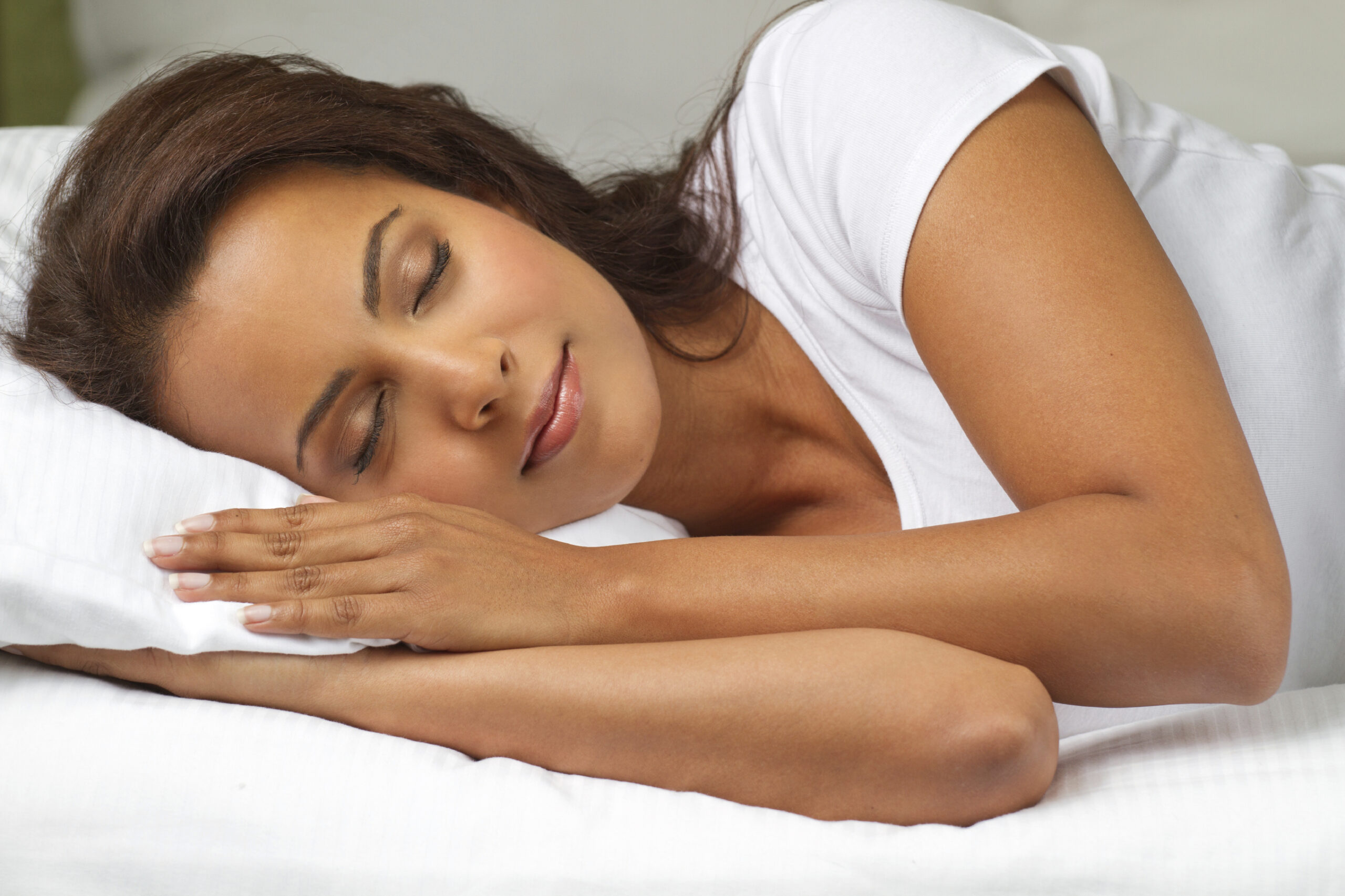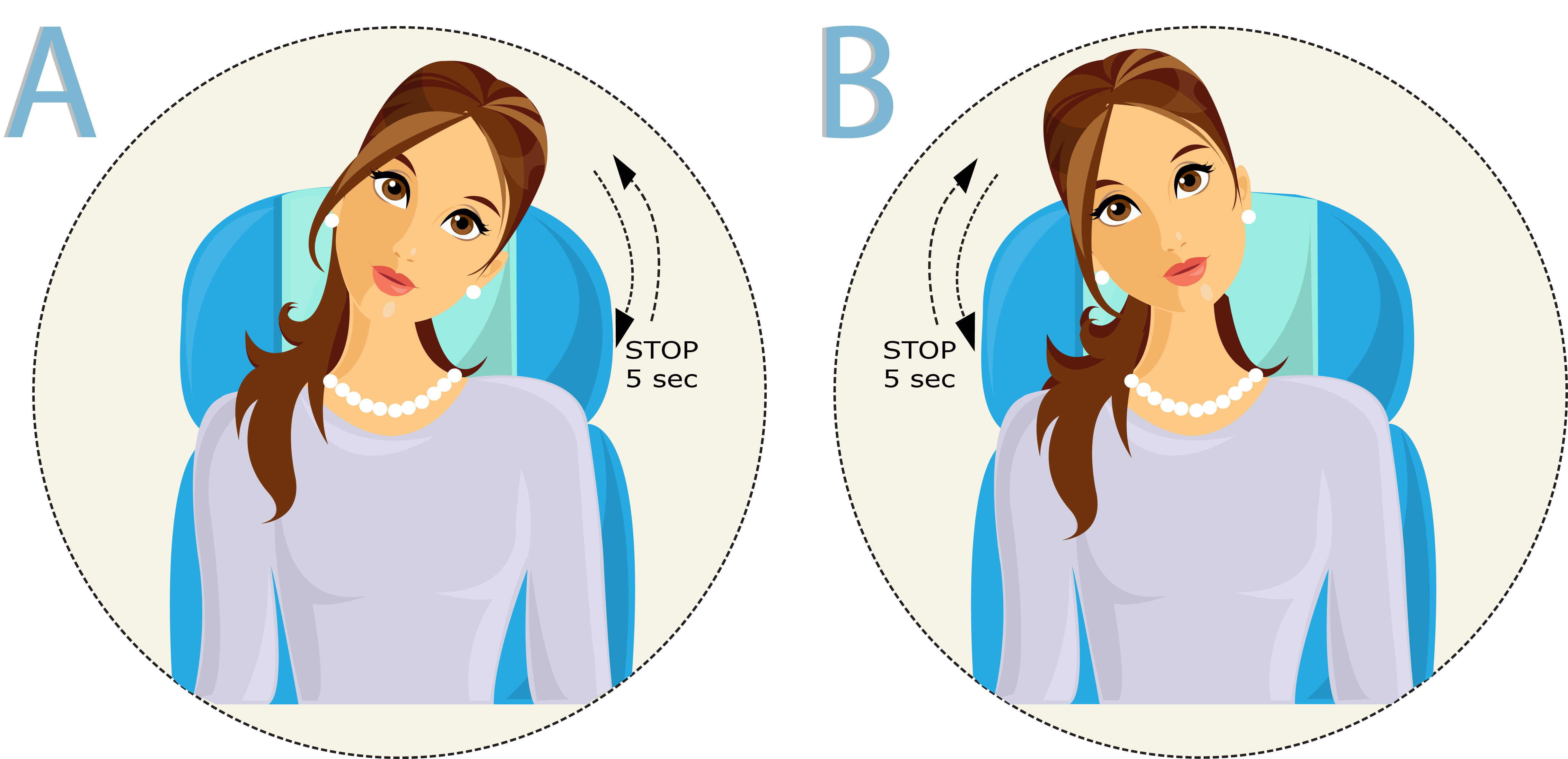By: Erla Björnsdóttir
Sleeping problems are common among those who work shift-work, and studies have shown that shift workers get up to 7 fewer hours of sleep per week than others. Likewise, approximately 20% of shift workers complain of poor sleep, daytime sleepiness and lack of concentration.
The human body has a circadian clock that affects our sleeping and waking patterns. This clock is controlled for the most part by changes in light, which again controls the production of the hormone melatonin. Melatonin concentrations increase when it gets dark and play a large part in setting our biological clock and encouraging us to be sleepy in the evening. Daylight dampens the production of melatonin, as its concentration decreases as soon as daylight hits the eyes. This process helps us to wake up and increases our alertness. In addition, there are daily fluctuations in most of our body functions, and our alertness, attention span and concentration varies depending on the time of day or night. During the night, when our body temperature is at its lowest and all body functions are at a minimum, we tend to find it more difficult to respond quickly to stimuli, increasing the likelihood of mistakes and accidents. When we try to stay awake and work when our biological clock says we should be sleeping and try to sleep when the clock says we should be awake, certain problems arise. An example of this that many are familiar with is jet lag, the difficulty of establishing a sleep and waking pattern after having travelled across time zones.
In the case of extreme irregularities in shift arrangements, the likelihood of sleeping problems increases, as does the lack of sleep and daytime sleepiness. In conjunction with this, people often experience a lack of concentration, memory disturbances and such great sleepiness that there is a risk of unknowingly falling asleep during everyday actions. The risk of mistakes and accidents increases the longer one works at a time. There is, however, some difference between persons as to how well one can tolerate irregular sleeping and waking hours. Studies have shown, for instance, that those who are classified as a-types, i.e. those want to go early to sleep and wake up early, find it more difficult to adapt to variable working hours. In addition, it becomes more difficult to adapt as we grow older. Women, moreover, appear to find it more difficult to adapt to such patterns. The longer the person has been in employed in shift-work, the harder it becomes to adapt to constantly shifting working hours; this is not, therefore, something one gets used to over time.
Good advice for shift workers
There is no single magic solution for improving sleep that applies to everyone doing shift-work. It is important, therefore, to try out different solutions to find out which of the following is most suitable:
- The fewer night shifts worked in a row, the better. If more than four night shifts are worked in a row, the risk of accidents and mistakes at work increases substantially.
- It is best if the shift change follows the clock over each 24-hour period. Thus, it is best to change from a morning shift to an evening shift and from there to a night shift.
- There should be at least 11 hours between shifts in order to get sufficient rest.
- Being able to sleep at least part of the time during normal sleeping hours, i.e. during the night, is preferable.
Diet, caffeine and nicotine
The main meal of the night during a night shift should be eaten between 00:00 and 01:00, and a light snack should be eaten in the morning. It is important to avoid fatty and fried foods during the night; healthy and protein-rich foods are recommended. Heavy meals late in the shift should be avoided, as this can have detrimental effects on sleep after the shift.
Caffeine during the early part of the shift can help with concentration. It is important, however, to avoid caffeine in the latter part of the shift to increase the likelihood of good sleep when arriving home.
The use of nicotine a few hours before sleeping should be avoided. Nicotine is a stimulant that lengthens the time it takes to fall asleep.
Sleeping hours – night shifts
If working only a single night shift; going to sleep as soon as possible after the end of the shift and sleeping for only four hours is recommended. This should ensure that you are very tired when you reach your normal sleeping time in the evening and should make it easier to fall asleep and adjust back to a normal rhythm. Sleeping longer than four hours will probably have a detrimental effect on the next night’s sleep.
When working a few night shifts at a time, some have found it best to divide their sleep into two segments, sleeping four hours before a watch and four hours immediately after the watch. This allows one to maintain concentration during the shift and to fulfil the body’s sleep requirement without completely turning the body clock around. However, this does not suit everyone.
If working on nights shifts exclusively, it may be a good idea to have a part of the sleep time always at the same time irrespective of whether you are working or not. For instance, if you sleep from 08:00 to 16:00 on the days that you are working, sleeping from 04:00 to 12:00 could work quite well on the days you are not working. This ensures that four hours of sleep are always at the same time (08:00–12:00), making the change for the body clock less dramatic.
Before beginning to work on night shifts, it may be a good idea to go to sleep as late as possible the night before and sleep for as long as possible on the morning before the shift.
Taking a short nap (30–60 minutes) before a night shift has a good influence on concentration and performance during the shift.
Light
Staying indoors during the morning before the first night shift or using sunglasses if going outdoors into the daylight may be a good idea. This is done to delay the daytime rhythm and make it easier for the body to adapt to nightshift work.
During night shifts, it is extremely important to work in a bright environment and have bright lighting. This reduces the amount of melatonin in the blood and increases alertness during the shift. Special daylight lamps that are very bright are available and may be suitable for use in the early part of the shift.
It is important to use sunglasses on the way home from work after a night shift and to avoid being out in the daylight before going to sleep. This is done to prevent the decrease of the concentration of melatonin in the blood, as its concentration decreases when daylight passes through the eyes, making it harder to fall asleep.
The sleeping environment
Make sure that you make the sleeping environment as sleep-friendly as possible when you have to sleep during the day.
The bedroom must be kept completely darkened. The temperature in the room should be comfortable (not too hot), and every attempt must be made to prevent environmental disturbances.
Mobile telephones should be switched off and the landline phone disconnected. Family members should be asked to help to minimise disturbances during the sleep period.
If you are very sensitive to noises from the environment, sleeping with ear-plugs may be a good idea.
If you have a long-term sleeping problem and want to be able to fall asleep more quickly, increase your energy and improve your memory, consulting your doctor as to whether sleep therapy is appropriate is a good idea. This particularly applies if you are also feeling sleepy and tired during the day. You can also fill in the questionnaire (in Icelandic) on the website Betri svefn to see if therapy is suitable for you. http://www.betrisvefn.is
Author: Erla Björnsdóttir, Psychologist







